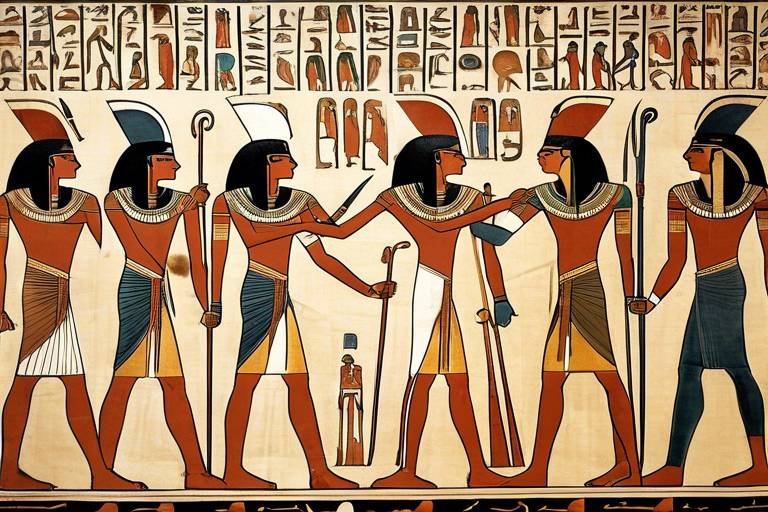The Mystery of the Ancient Greek Oracles
Ancient Greek oracles were revered figures who held a mystical connection to the divine, offering prophecies and guidance to those who sought their wisdom. These enigmatic individuals played a crucial role in shaping the beliefs and decisions of ancient Greek society, leaving behind a legacy that continues to captivate modern audiences.
The origins of Greek oracles can be traced back to the prehistoric era, where they emerged as influential institutions deeply intertwined with religious practices. Sites such as Delphi and Dodona became renowned for their prophetic abilities, attracting pilgrims and seekers in search of answers to their most pressing questions.
Oracle practices were shrouded in mystery and ritual, involving elaborate ceremonies aimed at invoking the favor of the gods. Priests and priestesses, acting as conduits between the mortal and divine realms, channeled cryptic messages and prophecies that could sway the course of events and shape the destiny of individuals and nations.
In Greek society, oracles held immense sway, advising rulers on matters of state, guiding military campaigns, and offering insights into personal dilemmas. Their prophecies, though often ambiguous and open to interpretation, carried weight and influence, driving decisions and shaping the collective consciousness of the ancient Greeks.
As the tides of history shifted, the influence of Greek oracles began to wane, overshadowed by changing social dynamics and the spread of new belief systems. The decline of these once powerful institutions marked the end of an era, as rationalism and skepticism took hold, relegating oracular practices to the realm of myth and legend.
Despite their decline, the legacy of Greek oracles lives on in the annals of literature, art, and popular culture. Their enigmatic aura and prophetic abilities continue to inspire fascination and intrigue, serving as a testament to the enduring allure of the ancient world and its mystical traditions.
Today, scholars and enthusiasts alike continue to delve into the mysteries of ancient Greek oracles, seeking to unravel the secrets of their divinatory practices and decipher the meaning behind their cryptic pronouncements. The revival of interest in oracular traditions offers a fresh perspective on the intersection of the spiritual and the practical, shedding new light on the enduring relevance of these ancient seers.
In a world marked by uncertainty and complexity, the enigmatic legacy of the Greek oracles serves as a reminder of the enduring quest for knowledge and guidance, bridging the gap between the past and the present in a timeless dance of prophecy and mystery.
Q: Were all Greek oracles women?
A: While many famous oracles were indeed women, such as the Pythia at Delphi, there were also male oracles, like the priests of Zeus at Dodona. The gender of the oracle varied depending on the site and the deity they served.
Q: How were the prophecies of Greek oracles delivered?
A: Oracles delivered their prophecies in various ways, including through cryptic riddles, symbolic gestures, and trance-like states. Seekers would often have to interpret the messages given to them, adding to the mystique and complexity of the oracular experience.
Q: Did the decline of Greek oracles coincide with the rise of Christianity?
A: The decline of Greek oracles did overlap with the spread of Christianity in the ancient world. As new belief systems gained prominence, the influence of oracular practices diminished, eventually leading to the fading of these once powerful institutions.
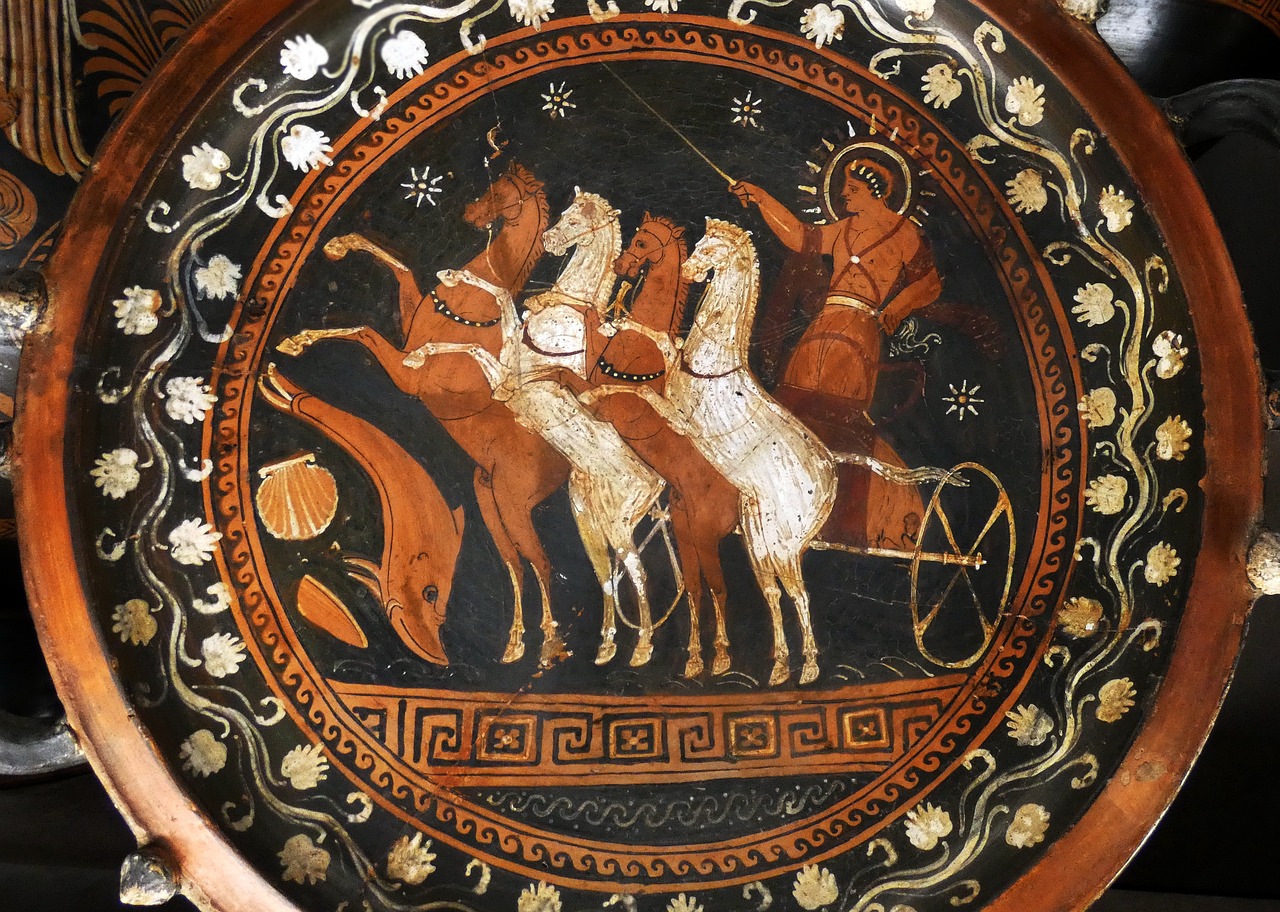
Origins of Greek Oracles
Ancient Greek oracles played a significant role in the society, providing prophecies and guidance. This article explores the history, significance, and practices of these enigmatic figures who were believed to communicate with the divine.
The origins of Greek oracles trace back to the prehistoric period, evolving into prominent institutions in ancient Greece. Delphi, Dodona, and other oracle sites were revered for their prophetic abilities and influence on decision-making.
These oracles were not merely fortune-tellers but revered as conduits to the divine realm, offering insights and advice that shaped the course of individuals and communities. The ancient Greeks believed that these sacred sites were imbued with mystical powers, allowing the priests and priestesses to channel the wisdom of the gods.
Delphi, in particular, emerged as a renowned center of prophecy, drawing pilgrims from far and wide seeking answers to their most pressing questions. The Oracle of Delphi, also known as the Pythia, delivered cryptic messages that could sway the decisions of kings and leaders.
Oracle practices were deeply rooted in tradition, with rituals such as purification ceremonies and sacrifices playing a crucial role in preparing the priestesses for their divine communication. The enigmatic nature of these practices added to the mystique surrounding the oracles, enhancing their reputation for otherworldly wisdom.
As the influence of the oracles spread throughout ancient Greece, their significance in shaping political, military, and personal decisions became undeniable. Leaders consulted the oracles before embarking on military campaigns, enacting laws, or making alliances, believing that divine guidance would ensure success.
Despite the skepticism of some, the oracles maintained their hold on the collective imagination of the ancient Greeks, offering a glimpse into the mysterious workings of the universe and the will of the gods. The legacy of these enigmatic figures continues to captivate modern audiences, reflecting the enduring allure of the ancient world.
1. What were the main oracle sites in ancient Greece?
2. How did the rituals and practices of Greek oracles influence society?
3. Why did the influence of Greek oracles decline over time?
4. How are the legacy and traditions of Greek oracles reflected in modern culture?
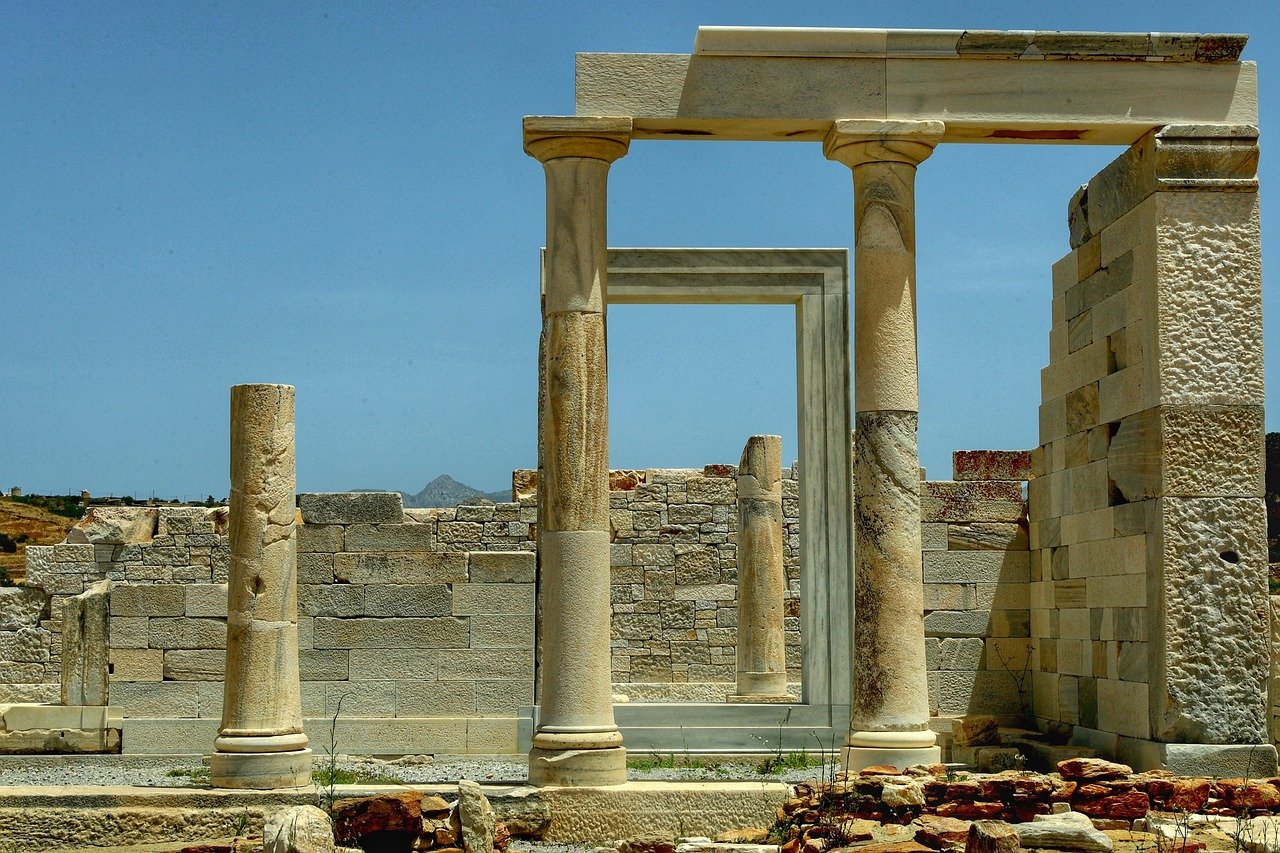
Oracle Practices and Rituals
Oracle practices in ancient Greece were steeped in mysticism and ritualistic ceremonies, designed to establish a connection between the mortal realm and the divine. At the heart of these practices were the priests and priestesses who served as intermediaries, channeling the prophecies and messages from the gods to the people. These revered figures underwent rigorous training and purification rituals to prepare themselves for the sacred task of divination.
One of the most famous oracle sites, Delphi, was known for its elaborate rituals that involved offerings, libations, and sacrifices to appease the gods. Priests and priestesses would enter trance-like states, often induced by the inhalation of fumes rising from the earth, to receive visions and insights into the future. The cryptic messages delivered by the oracles were open to interpretation, requiring skilled interpreters to decipher their meaning.
The rituals surrounding oracle practices were not limited to the act of divination itself but extended to all aspects of the oracle's daily life. Purification ceremonies, fasting, and seclusion were common practices to maintain the purity and connection to the divine. The oracles were held in high regard by the ancient Greeks, and their words were considered sacrosanct, influencing decisions at the highest levels of society.
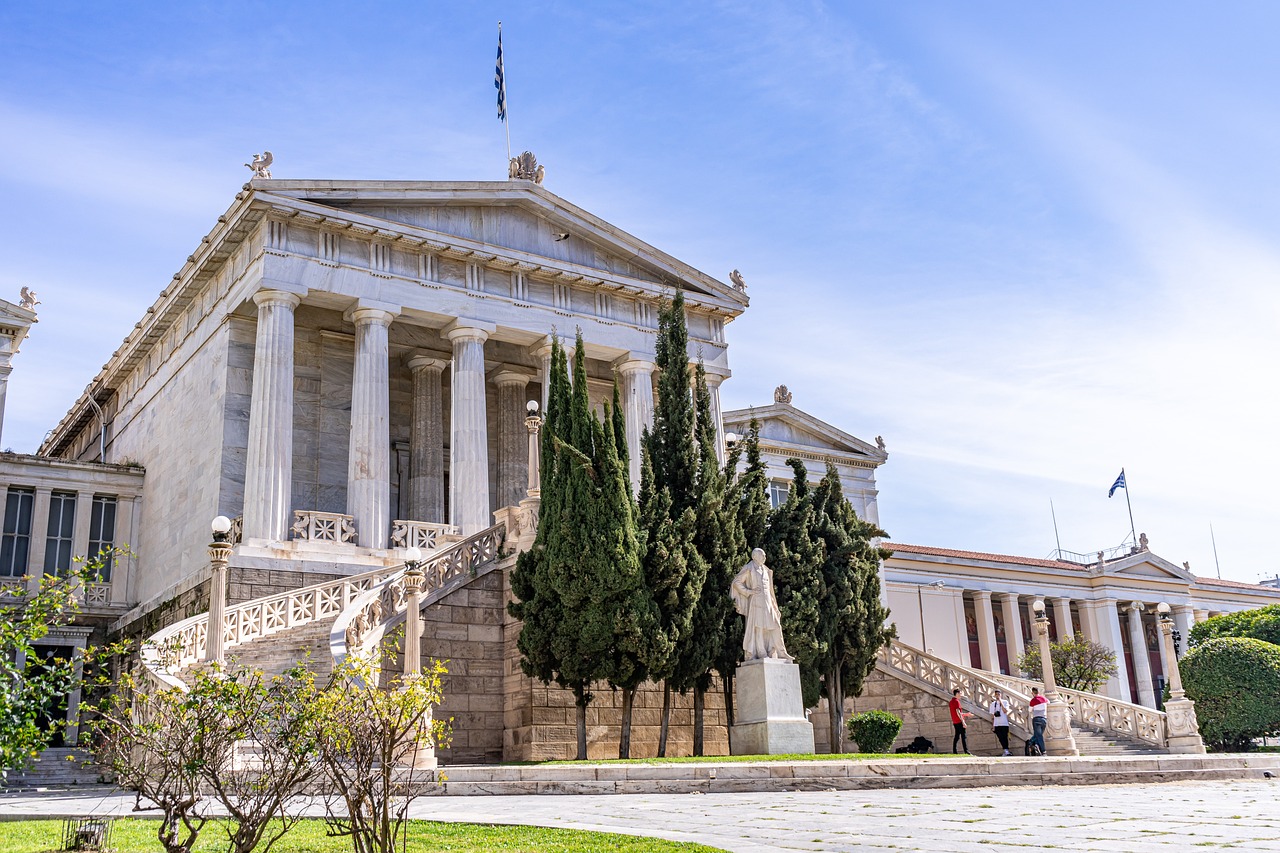
Role of Oracles in Greek Society
The role of oracles in Greek society was paramount, shaping the decisions of both individuals and leaders through their prophetic insights. These revered figures held immense influence, acting as intermediaries between the mortal realm and the divine. Oracles were consulted on a wide range of matters, from personal dilemmas to state affairs, their cryptic messages guiding the course of events.
Leaders often sought the counsel of oracles before embarking on military campaigns or making significant political decisions. The prophecies delivered by the oracles were considered divine guidance, believed to offer insights into the will of the gods and the outcomes of future actions. Their interpretations could sway the direction of entire civilizations, making them indispensable in the fabric of Greek society.
Individuals also turned to oracles for guidance in their personal lives, seeking answers to pressing questions or seeking reassurance about their futures. The enigmatic nature of the prophecies added an air of mystery and intrigue, drawing people from far and wide to seek the wisdom of these mystical seers.
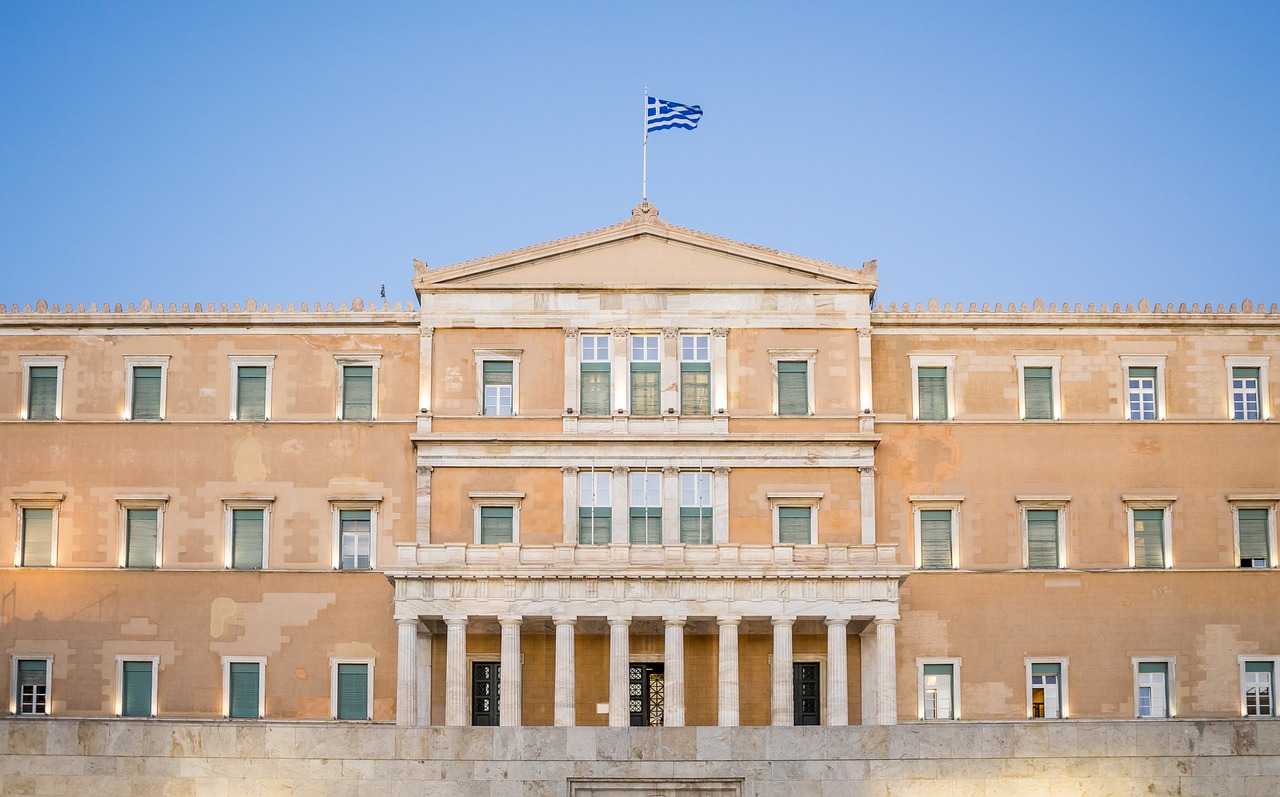
Prophecies and Interpretations
Prophecies and Interpretations in ancient Greek oracles were like puzzles waiting to be solved. The messages delivered by the oracles were never straightforward; instead, they were shrouded in mystery and ambiguity. It was up to the skilled priests and priestesses to unravel the hidden meanings behind the cryptic words spoken in trance-like states.
These prophecies often left room for interpretation, sparking debates and discussions among those seeking guidance. The interpretations of the oracles' messages could greatly impact the decisions made by individuals, leaders, and even entire communities. The ability to decode these enigmatic messages was a coveted skill, as it held the key to unlocking the secrets of the future.
Imagine the scene at Delphi or Dodona, where a priestess, in a state of divine inspiration, uttered words that could alter the course of history. The tension in the air, the anticipation of what the oracle would reveal, and the subsequent frenzy of interpretation all added to the mystique surrounding these prophetic figures.
Interpreting the oracles' prophecies required not only linguistic expertise but also a deep understanding of symbolism, mythology, and the cultural context of the time. The priests tasked with deciphering these messages held immense responsibility, as their interpretations could shape the actions and beliefs of those who sought guidance.
Through their enigmatic prophecies and the intricate art of interpretation, the ancient Greek oracles left a lasting legacy that continues to intrigue and captivate us to this day. Their words may have been cryptic, but their impact on the ancient world was profound and far-reaching.
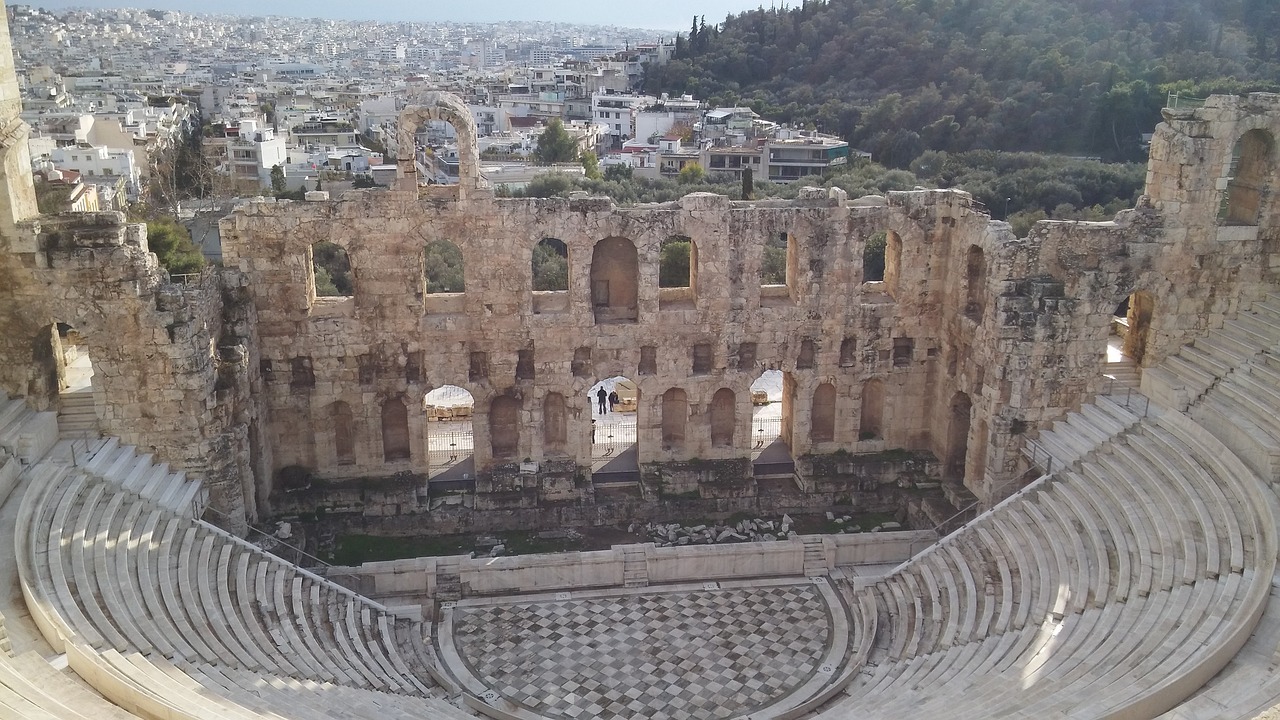
Decline of the Oracles
As the centuries passed, the once formidable influence of the Greek oracles began to diminish, signaling the decline of these revered institutions. The waning of oracular power was not a sudden event but rather a gradual erosion caused by a combination of social, political, and cultural changes sweeping through ancient Greece.
One significant factor contributing to the decline of the oracles was the rise of rationalism and skepticism among the populace. As Greek society began to place greater emphasis on logic and empirical evidence, the mystical pronouncements of the oracles started to lose their appeal. The shift towards a more rational worldview undermined the authority and credibility of these enigmatic figures.
Furthermore, the spread of Christianity in the Roman Empire posed a direct challenge to the traditional beliefs and practices associated with the oracles. The monotheistic teachings of Christianity clashed with the polytheistic beliefs of the ancient Greeks, leading to a gradual erosion of the oracles' influence as people turned towards the new faith for spiritual guidance.
Additionally, the changing political landscape of ancient Greece also played a role in the decline of the oracles. As centralized states and monarchies began to replace the city-states, the oracles found themselves marginalized in the decision-making processes of the evolving political structures. The shift towards more centralized forms of governance diminished the oracles' role as advisors to the ruling elite.
Despite their dwindling influence, the legacy of the Greek oracles continued to linger in the collective memory of the ancient world. The enigmatic aura of these prophetic figures and the cryptic nature of their pronouncements left an indelible mark on Greek culture and society, even as their power faded into obscurity.
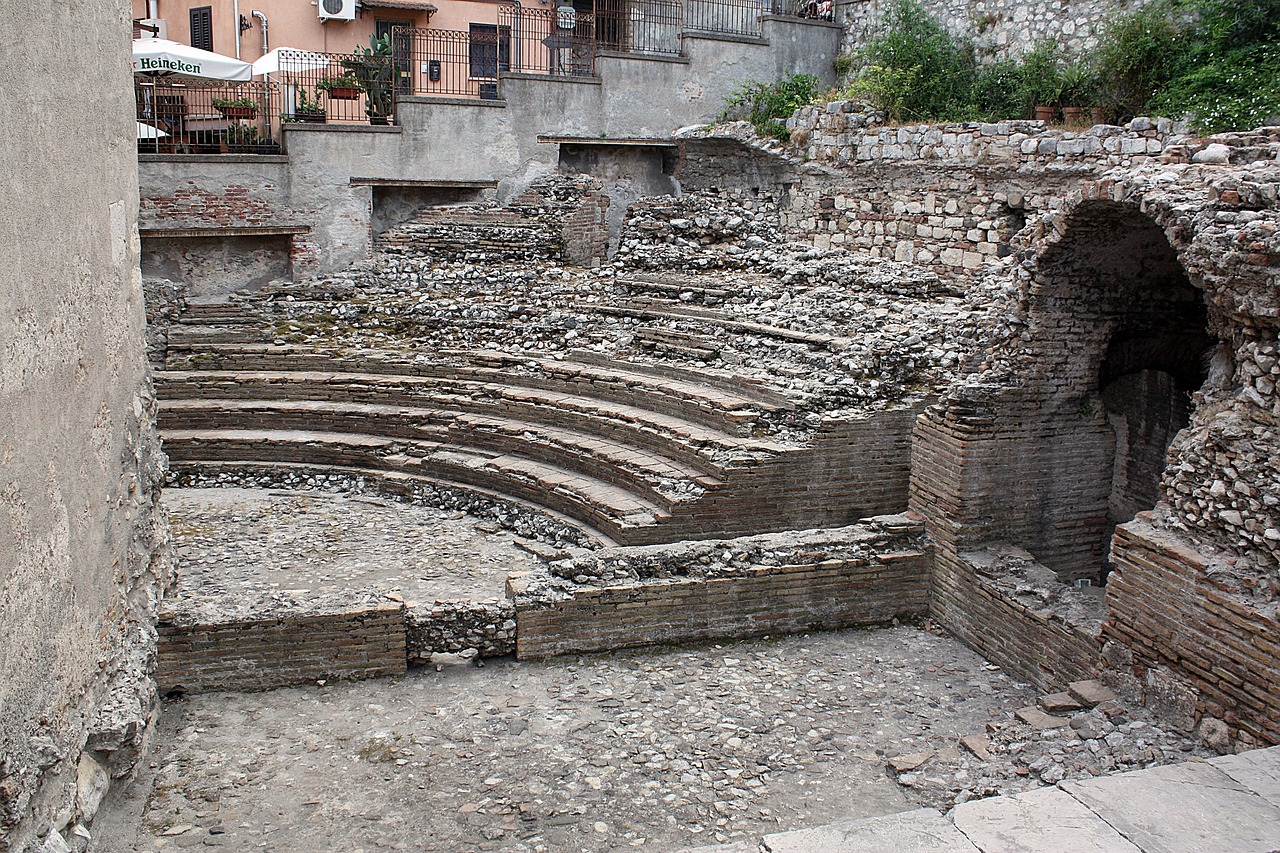
Legacy of Greek Oracles
The legacy of Greek oracles is deeply ingrained in the cultural tapestry of ancient Greece, leaving an indelible mark on history and shaping the beliefs of generations. These enigmatic figures, believed to possess a direct line to the divine, continue to captivate the imagination of modern audiences with their mysterious aura and prophetic abilities.
Artistic representations of Greek oracles in literature, sculpture, and pottery serve as a testament to their enduring influence. The Oracle of Delphi, in particular, is a prominent figure in Greek mythology and history, renowned for her cryptic prophecies and role in shaping the destiny of heroes and kings.
Moreover, the legacy of Greek oracles extends beyond ancient times, permeating popular culture and inspiring contemporary works of art and literature. Their enigmatic persona and mystical practices have become a source of fascination for writers, artists, and filmmakers, fueling a continued interest in the intersection of the divine and the mortal.
While the oracles themselves may have faded into obscurity, their legacy lives on in the collective consciousness, reminding us of a time when the boundaries between the earthly and the divine were blurred, and the future could be glimpsed through the veils of prophecy.
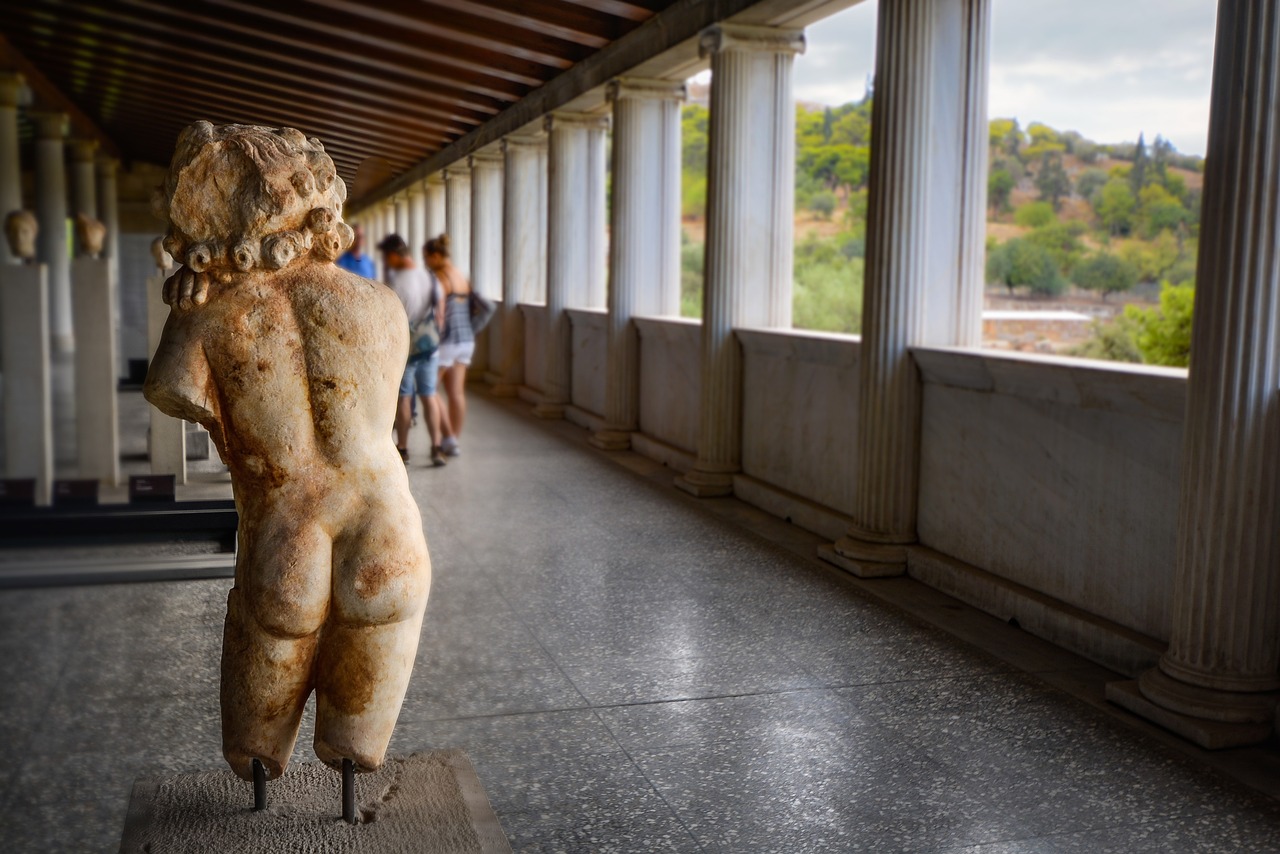
Modern Perspectives on Oracles
Modern Perspectives on Oracles offer a fascinating glimpse into the ancient practices that continue to captivate scholars and enthusiasts today. While the oracles of ancient Greece may have faded into history, their legacy lives on through ongoing research and interpretation. Scholars delve into the rituals, prophecies, and symbolism of these enigmatic figures, seeking to unravel the mysteries that once held sway over the ancient world.
Through a modern lens, the practices of Greek oracles are viewed not only as relics of a bygone era but as windows into the human quest for meaning and guidance. The enduring allure of oracular practices sparks debate and speculation, inviting new perspectives on the intersection of spirituality, divination, and ancient wisdom.
Contemporary scholars analyze the role of oracles in shaping ancient Greek society, exploring how their prophecies influenced political decisions, religious beliefs, and cultural practices. By examining the oracles through a historical and cultural context, researchers gain insights into the mindset of the ancient Greeks and the significance they attributed to divine communication.
Moreover, the revival of interest in oracular practices reflects a broader cultural fascination with the mystical and the unknown. As modern individuals seek spiritual guidance and insight into their lives, the ancient practices of Greek oracles offer a unique perspective on the enduring quest for knowledge and enlightenment.
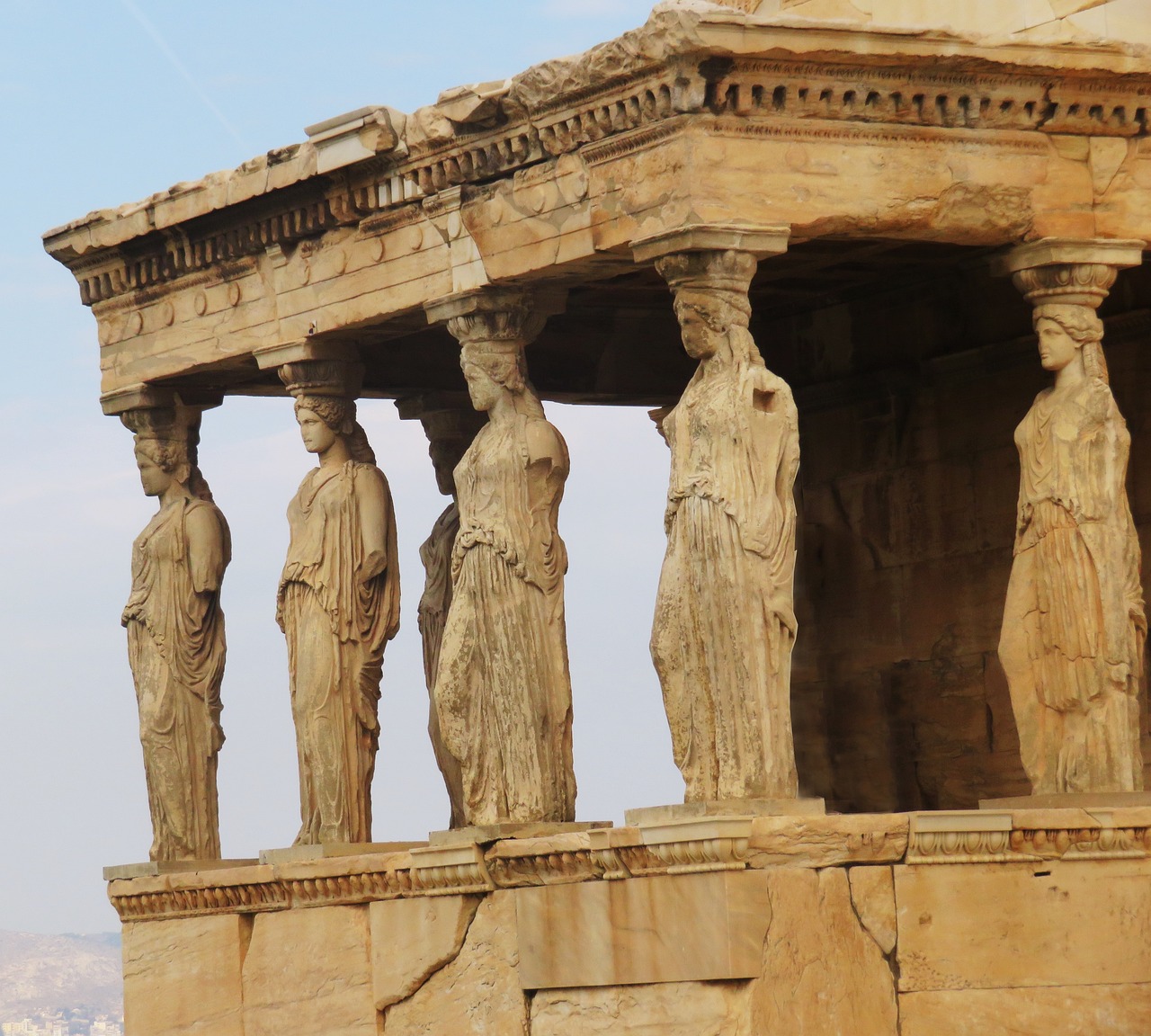
Revival of Oracular Practices
In recent years, there has been a resurgence of interest in ancient oracular practices, with individuals seeking spiritual guidance and insights through divination and prophecy. This revival reflects a growing fascination with the mystical and the unknown, as people look for answers beyond the tangible world. Modern interpretations of oracles blend traditional methods with contemporary beliefs, offering a unique perspective on the intersection of spirituality and practicality.
Frequently Asked Questions
- What were the main purposes of Greek oracles?
Ancient Greek oracles served as mediums through which individuals sought guidance, advice, and prophecies from the divine. They played a crucial role in shaping political decisions, military strategies, and personal matters, offering insights into the future and influencing the course of events.
- How did Greek oracles communicate with the divine?
Greek oracles communicated with the divine through elaborate rituals and practices. Priests and priestesses would enter trance-like states, often induced by purification ceremonies and sacrifices, to receive cryptic messages and prophecies. These messages were then interpreted and conveyed to those seeking guidance.
- Why did the influence of Greek oracles decline over time?
The decline of Greek oracles can be attributed to various factors, including the rise of rationalism, skepticism, and the spread of Christianity. As societal beliefs and values shifted, the mystical and prophetic nature of oracles lost favor, leading to their eventual decline in influence and relevance.






